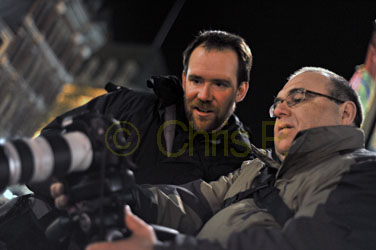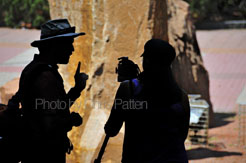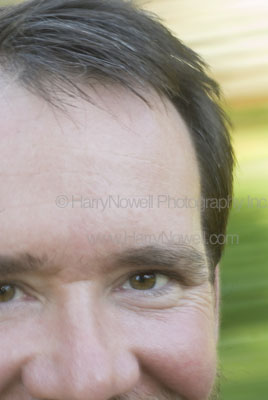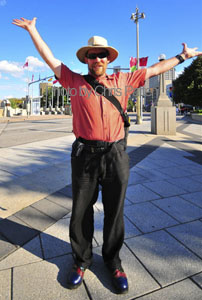People ask: “Why should I take a workshop at HarryNowell.com and not the one being offered by my
- local community college
- small art school
- friend’s mother’s cousin?“
Good question. I want to say “Take my courses because they’re the best.” But, really, not all workshops are right for all people. The good news is that with a little legwork, you can find the photo workshop that best suits your needs.
Some people believe better equipment will help them create better photos – weigh in on the “instruction vs equipment” debate.
Below are some tips to help you find a photo workshop that’s right for you:

Working the Night Light Photo Workshop
1. Decide what you want to learn – Are you just looking for the basics
or are you more interested in a specific area of photography (landscapes, portraits, sports, post-processing etc)?
2. What format works for you? – Often a short, intense workshop over
a few days helps kick start your experience. A course that offers many sessions over several weeks may better help you progress to your goals.

Working the Urban Landscapes Photo Workshop
3. Choose a workshop that has a large practical component with the photographer present. Would you fly an airplane based purely on classroom teaching? Hands on workshops with the instructor will help you learn more, faster. Is there a critique session? These are valuable!
4. How long are the sessions? Learning is intense! After six hours of learning your brain will not process new material very well. For most effective learning, look for a workshop with reasonably short sessions.
5. How big are the workshops? Personal attention will help you get further ahead. And ten students is a lot for an instructor to assist! For best success choose a course with a low maximum enrollment. You are paying for the instructor’s expertise – you should receive the attention you’re paying for.

Harry Nowell, self portrait
6. Find the right photographer – There are many, many people with cameras who offer photo services after their regular job finishes. Look for an experienced photographer with many years behind them.
7. Find the right teacher – Many skilled photographers have never been taught to teach. Not every talented person can teach the skills they possess. I would not want Mike Tyson, heavyweight boxing champion, to teach me boxing! Teaching, like photography, is a technical skill. It is important to find someone who understands effective teaching principles.
8. Contact the photography instructor – How is their service? Do they respond quickly? Are they courteous and professional? Do they seem enthusiastic about the subject matter?
9. Look for student testimonials or ask for referrals. The more opinions you can find the better.

Harry Nowell
10. Have fun and take care of yourself – Remember, you can’t be expected to learn everything over night. Becoming a better photographer is a process that takes time. Finding the right photo workshop and photographer is a good first step.
